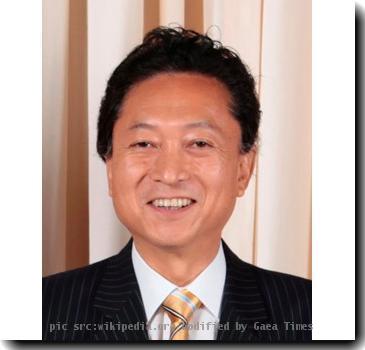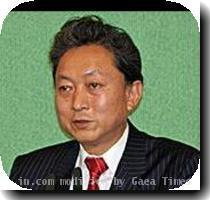Japan wary of China’s military expansion, stresses importance of US forces in regional peace
By Malcolm Foster, APFriday, September 10, 2010
Japan wary of China military, urges closer US ties
TOKYO — Japan’s Defense Ministry stressed the importance of U.S. military forces in Japan and cast a wary eye on China’s military expansion in an annual report Friday, as diplomatic tensions with China rose following a collision near disputed islands.
The annual defense policy report also said a group of South Korean-controlled islands, called Dokdo in Korean and Takeshima in Japanese, were an “integral” part of Japanese territory — prompting protesters in South Korea’s capital to try to burn a Japanese flag in a show of anger.
The report’s release comes amid a growing diplomatic dispute between Japan and China. Beijing has warned Tokyo that bilateral ties could be damaged over the arrest of a Chinese fishing boat captain whose ship collided with two Japanese patrol vessels Tuesday near disputed islands in the East China Sea.
China has increased its activity in Japanese waters to defend its territory, protect its maritime interests and deter Taiwanese independence, the defense report said.
Highlighting China’s increased military spending, it said Beijing’s lack of openness in its defense policies and military activities were “a matter of concern for the region and the international community, including Japan, which should require prudent analysis.”
It said China has not disclosed specific information about its weapons, procurement goals, details of major units and its national defense budget.
China has released defense reports every two years since 1998 but has not yet achieved the level of transparency expected for “a responsible major power in the international society,” it said.
China also is developing the technology needed for possessing its own aircraft carrier, it said.
The report highlighted the importance of American forces based in Japan under a security pact that marks its 50th anniversary this year, saying they act as a deterrence that contributes to Japan’s defense as well as regional security.
In particular, having U.S. forces on the southern Japanese island of Okinawa offers a strategic advantage because of its geographic location, allowing them to respond more quickly to emergencies in East Asia than if they were based in Hawaii, Guam or the U.S. mainland, it said.
However, many residents of the island of Okinawa, which hosts three-quarters of all U.S. military facilities in Japan, want the bases moved off the island.
Under a 2006 agreement to reorganize the 47,000 U.S. troops in Japan, Washington is to move 8,000 Marines from Okinawa to the U.S. territory of Guam and relocate U.S. Marine Air Station Futenma, set in the middle of a city, to a less crowded part of the island by 2014.
The report said that moving Futenma out of Okinawa — as proposed by former Prime Minister Yukio Hatoyama — would hinder the Marines’ response capabilities, and it was “unavoidable” to keep the base’s operations on the island.
Associated Press Writer Mari Yamaguchi contributed to this report.
Tags: Asia, Beijing, China, Defense Policy, East Asia, Greater China, International Incidents, Japan, North America, South Korea, Territorial Disputes, Tokyo, United States, Yukio Hatoyama

